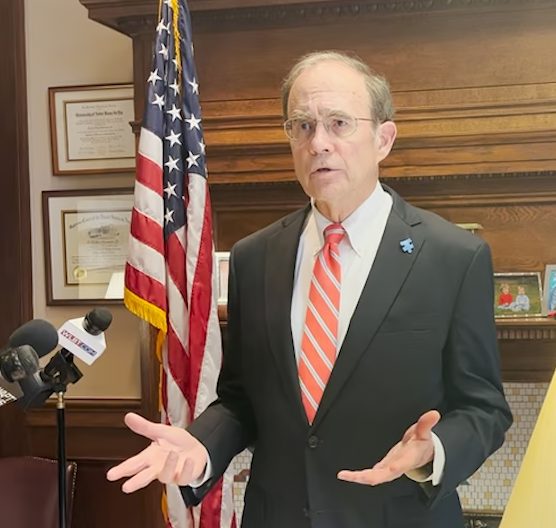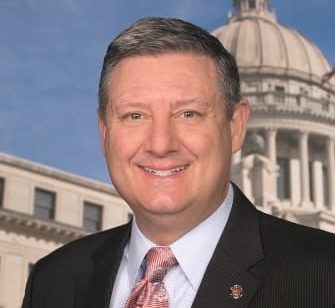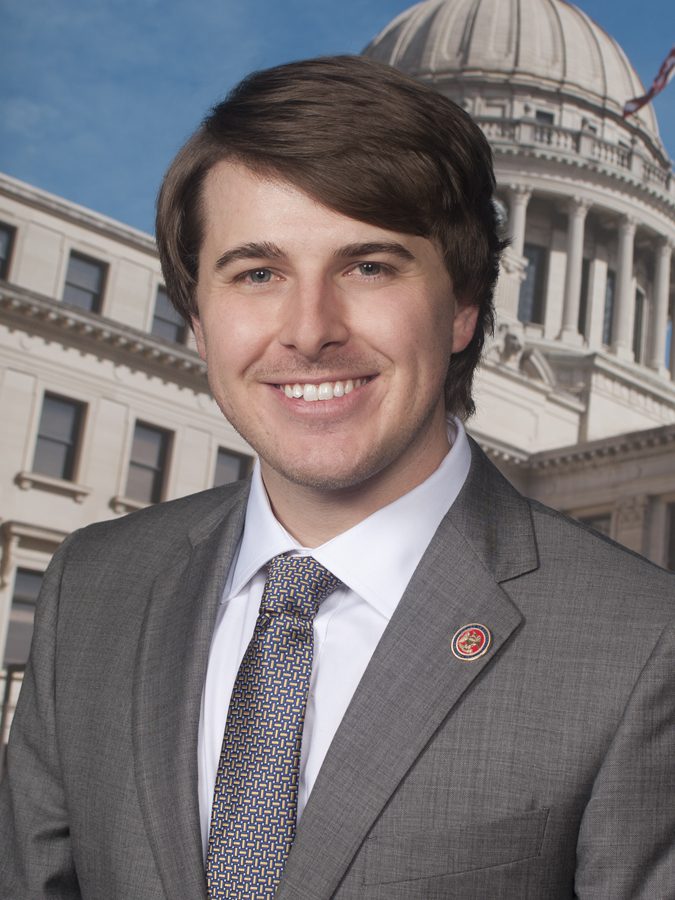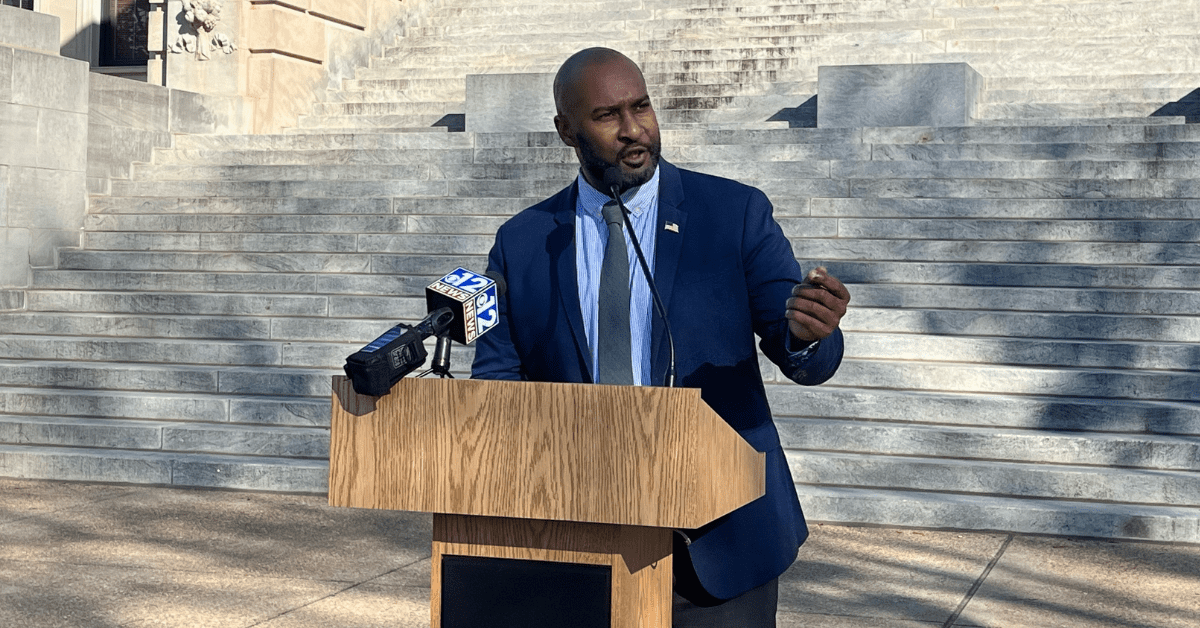
The issue is expected to be taken up “quite early” on in the 2023 legislative session.
Over the last few months, the possibility of legislation that would encourage school districts in Mississippi to adopt a modified school calendar has gained steam among lawmakers, at least on the Senate side of the Capitol.
Lieutenant Governor Delbert Hosemann, who has noted that such legislation is among his top priorities, said he expects to see a bill come up “quite early” on in the 2023 legislative session. Such a bill would incentivize public school districts financially to make the change.
Though both traditional and modified school calendars have 180 days of academic instruction, a modified calendar allows for additional breaks during the school year. Advocates say this helps to balance time in and out of school for both students and teachers. After each nine weeks there is typically a two-week break. This means summer break is shortened by approximately 10 to 12 days.

Hosemann noted on the first day of this year’s legislative session that he supports incentives for school districts who choose to adopt a modified school calendar.
“When I was in Lamar County, the actual cost was $201,000 to switch,” Hosemann said. “So that’s kind of my mark for the Senate side.”
The Lt. Governor explained that he does not like the idea of a complicated process to apply for the incentives. He thinks it should be straightforward.
“If you go to a modified calendar, you get additional dollars to make sure that you’ve covered the expenses of going to a modified calendar,” Hosemann added. “The numbers are starting to come back and they’re very favorable. But that’s not something we need to dictate from Jackson. Every Superintendent needs to make their own decision. Every parent needs to be involved in each of those decisions; it’s their children.”
Earlier this month, the new Mississippi State Superintendent of Education, Dr. Robert Taylor, told the Magnolia Tribune that research has shown modified school calendars can be beneficial for students when districts add instructional time during intersessions.
“Implementing a modified school calendar is a local district decision that is made based on the needs of their communities,” Dr. Taylor said. “Several Mississippi districts have adopted a modified school calendar after gathering input from their schools and communities.”

State Senator Dennis DeBar, Senate Education Chairman, pointed out that every community is different, but lawmakers want school districts to have options with their calendar.
“As we have seen in areas that have a modified calendar, students have the opportunity to catch up or take gifted courses, and teachers have the opportunity to recharge their batteries, when required instructional days are spread across the year,” Senator DeBar said.
However, the issue has not yet found consensus. Across the Capitol, members in the House are voicing their opposition for legislation that would incentivize modified school calendars. House Education Committee Chairman Richard Bennett and Vice-Chairman Kent McCarty spoke with Magnolia Tribune about the policy idea.
“I’m against it,” State Representative Bennett said. “I think that individual districts need to decide whether they want a modified schedule or not. They can do all that now and to incentivize someone to do something that the community may not want, I don’t think it’s right.”

Bennett compared it to when the federal government incentivized Obamacare or electric cars.
“That’s a decision that the local school boards and the local communities, need to make,” Bennett said. “I don’t think that’s something that we ought to be involved in. Right now, they can go to a modified schedule if they want to and as a matter of fact, my school district is going to a modified schedule next year.”
The House Education Chairman said he thinks lawmakers need to try to find a way to have schools reduce spending without hurting the education of the children. Bennett added that there are other needs to look at in education before they start giving incentives for switching calendars.
State Representative McCarty noted that the school districts that have switched to modified school calendars seem to like it and it speaks for itself. He said many people in his area were completely against the switch to a modified calendar, but near the end of the year they could not imagine switching back.

The only complaint he has heard about the calendar, McCarty said, is concerning student athletics. He explained that in a modified school calendar, coaches and student athletes don’t really get a break, especially in the fall.
Bennett said that neither the Lt. Governor nor the Senate has talked to him about the legislation that would provide incentives for school districts that switch to the modified calendar.
“[The Lt. Governor] nor the Senate has not talked to us about it,” Bennett said. “No-one has talked to me about it. I’ve heard about it in news media, that’s it.











